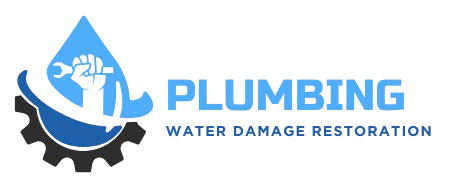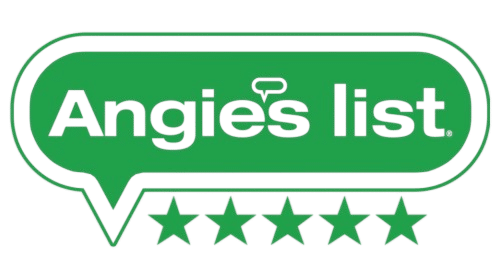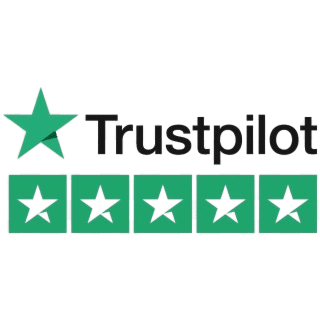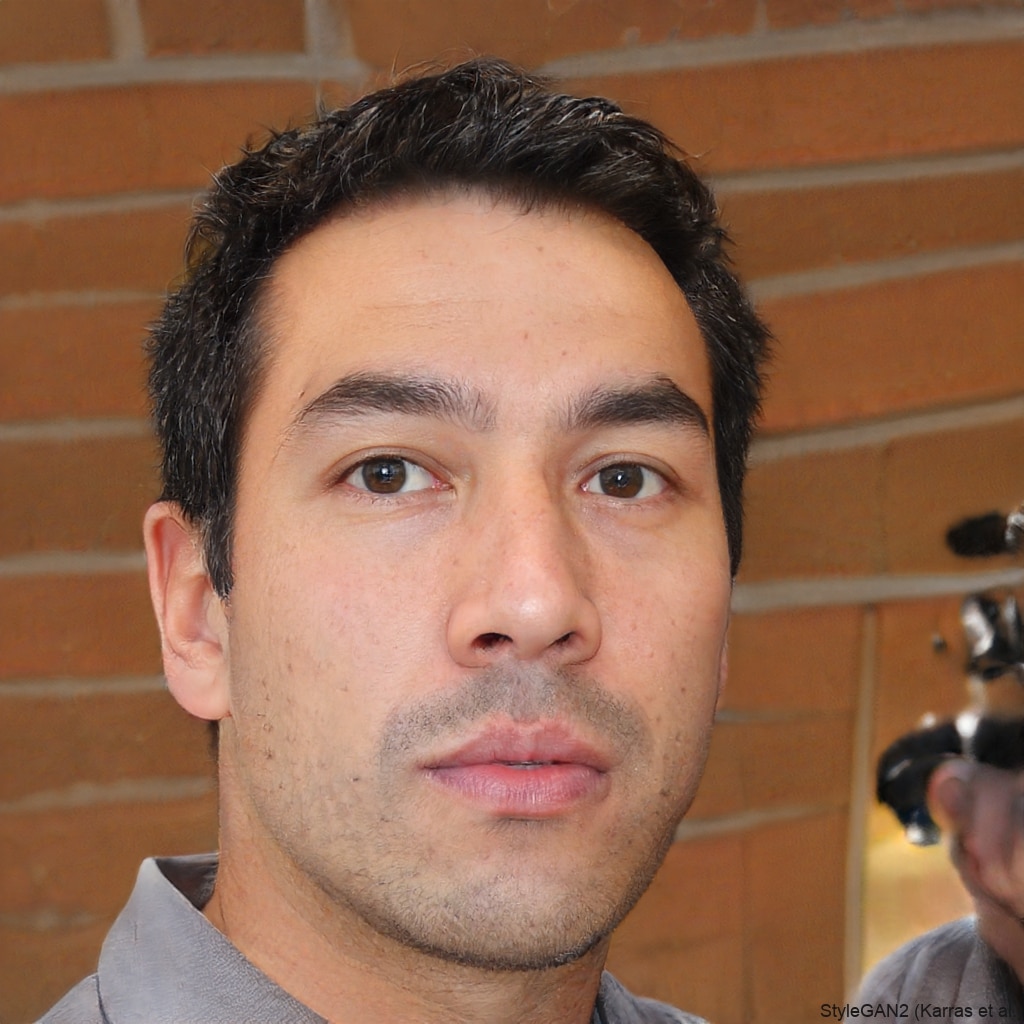Responsible homeownership includes managing water efficiently. Yet a lot of us may not know how much water we are wasting in our homes—because of leaks we don't see, fixtures that are outdated, or systems that aren't working quite as they should. Where do we even begin to find out what our home's plumbing is up to? The short answer is that we start with professionals who can give a competent assessment of our home's system and ensure that it's working as well as it should. This is where the professional plumber comes in. Their job is as vital to the very foundation of our homes as that most celebrated of solid-state performers, the electrician.
Plumbing advice and solutions tailored to each house can ensure that home water systems conserve water. Plumbing systems and fixtures in many of our homes have gone out of style, either due to age or outdated technology. A professional plumber can assess a home's plumbing and recommend or install modern fixtures that substantially reduce water usage.
The problem of efficient fixtures goes beyond the faucet and showerhead. Plumbers can install dual-flush or otherwise efficient toilets in a home's water closet. Plumbing professionals can also achieve efficiency where it counts: in the kitchen. Modern kitchen designs often feature multiple sinks, only one of which is usually plumbed to a disposal. That leaves a whole lot of unplumbed sink for someone to wash dishes. Both dishwashing and clothesh washing become far more efficient without plumbing to a disposal.
Another vital step that plumbers take towards reducing water waste in residences is education. They can do this in various ways, some more meaningful than others. For instance, conversations during appointments can serve as an informal, yet impactful, platform for sharing conservation knowledge. For instance, "Did you know that just changing your showerhead can save enough water to fill [number] bathtubs every year?" might be the way a plumber segues into this particular education moment. On a more formal front, plumbers can prepare for appointments with a set list of conservation practices to share (Hurst & Andrade). These list items could range from the nearly ludicrous, as in the showerhead example (don't just do it, act and think as if your plumbing systems are in the conservation business, not just the service business), to kitchen salvage practice recommendations (only wash dishes and pots when necessary; in the conservation business, that's what sink-side umpires and apprentices are for).










